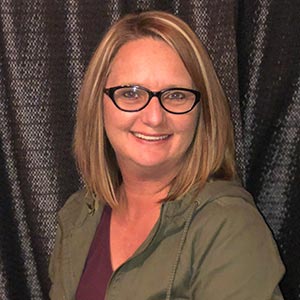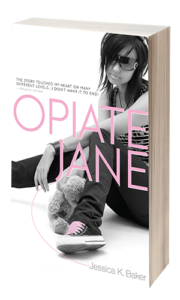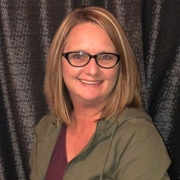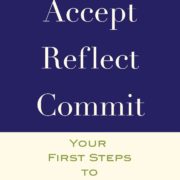Q&A with Author Jessica K. Baker
Jessica K. Baker drew upon her personal experiences with loved ones battling addiction as she wrote her first book, Opiate Jane. Jessica also spent five years working in the addiction field as a counseling assistant and a social work assistant. Here she discusses how and why she wrote Opiate Jane as a YA novel and what she hopes readers will take away from her work.
 What prompted you to write Opiate Jane?
What prompted you to write Opiate Jane?
I had been working in the addiction field for about five years. I left that field when I got to the point that I felt frustrated that even though it was my profession to help, I could not help the ones I loved. I needed to get those feelings and frustrations out. They came out in Opiate Jane. Jane had the courage to do and say the things I could not. I could not be prouder of her, and I am thankful that creating her left a piece of her in me. She changed my life. My hope is she will change others’ lives as well.
Why did you choose to use fiction as the format for sharing parts of your personal experience with addicted loved ones?
I chose the format of fiction because I have never been good at talking about myself or my feelings. It was easy with Jane; she wasn’t me. A lot of the book is fiction—I was never in foster care and my mother was a wonderful mother when I was a child. I wanted to write a YA novel and still wanted to let out the feelings I was going through as an adult. That seemed to be the best fit. Jane and her mother’s relationship is the secondary addiction relationship in Opiate Jane. The majority of the feelings poured into this book were into Jane’s feelings about Landon, those feelings I was living with and conflicted with every day. When you love someone who has an addiction, you are always wondering if you’re doing too much and enabling them or if you’re not doing enough to help them. That fear of what can happen if you don’t do enough is a horrible place to live.
Which writers and works inspired your writing?
I had fallen in love with Stephenie Meyer’s Twilight series. It made me realize there was more to life than just surviving and that I wanted more. I needed more. I wanted to write a love story that fought against all odds and won. I wanted my female character to be strong and fear nothing. I wanted her to do what I felt like I could not.
I also was very much inspired by Blue October. As crazy as it sounds, Justin Furstenfeld has been singing about my life for over ten years. Every new album seems to have so much of what I am feeling. One song in particular had the most impact on Opiate Jane: “Should Be Loved.” Blue October’s music is filled with so much emotion. It is an honor to listen to it. It has helped me through a lot.
 As a first-time author, what challenges did you face in your writing process, and how did you overcome them?
As a first-time author, what challenges did you face in your writing process, and how did you overcome them?
I had never tried to write anything before. It was quite the challenge to bring Jane’s story to life. I took me almost a year. I wrote in sporadic pieces and then put them together. The middle came before the beginning. I wrote what I felt and tried to apply the best situation to it. The biggest challenge for me was sharing it. Did I want people to read about my feelings? Would anyone like it? Would it help anyone else the way it helped me? I had to just overcome my fear and share Jane’s story. To my surprise, it has been well received.
What advice would you give to other aspiring authors who might be struggling to revisit personal traumas or tragedies?
Let it out. It feels so much better to let it out. Especially when dealing with addiction. It is so stigmatized. Society not only shames the addict but also shames the people who love them simply because they love them. After writing Opiate Jane, I joined a group called Solace Clermont. It was a breath of fresh air to be around people going through and dealing with similar situations. Never think you are alone; there are people who are going through the same feelings you are. Seek them out. I also sought out counseling, which also carries a stigma. At that point, I didn’t care about stigma or shame anymore. I didn’t need counseling long, but it helped me tremendously. The counselor told me something that has stuck with me for years. She said that I was mucking through the mud with everyone else’s rocks in my boots. Here I am, six years later, and the only rocks in my boots are mine.
What’s the primary takeaway you hope readers get from Opiate Jane?
I hope anyone who reads Opiate Jane gets the courage to do what they need to do and it helps them become stronger in their situation. I hope they realize they are not alone.






